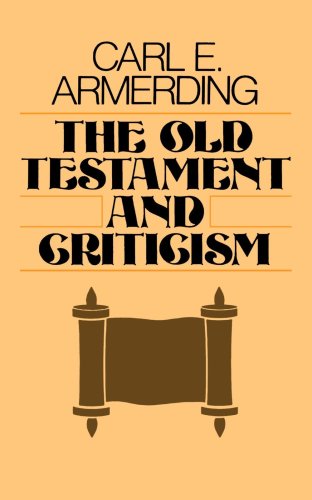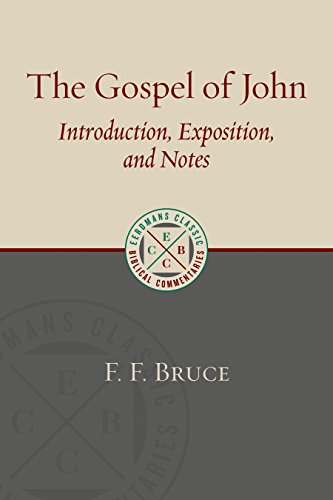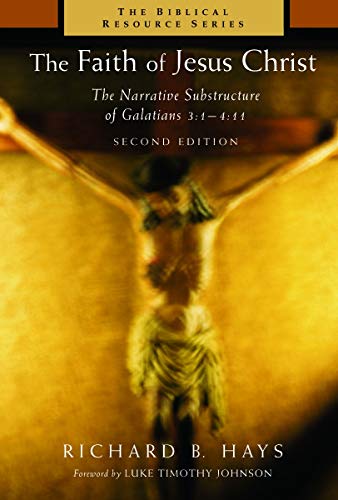Miracles and the Critical Mind
Written by Colin Brown Reviewed By Winfried CorduanThe critical understanding of biblical miracles produces an interesting puzzle. On the one hand, a full interpretation of a given miracle presupposes belief, e.g. that it is Jesus, the Son of God, who multiplied the loaves and fishes. Without such belief one cannot do such a miracle justice. But, on the other hand, if a miracle’s interpretation is diminished apart from faith, does this fact mean that it then has nothing to say to the unbeliever? Colin Brown peruses answers that have been given to this question throughout the history of the church.
He proceeds carefully, almost pedantically, as he culls out what the thinkers of almost 2,000 years have said on the subject of miracles. The negative critics he cites include Celsus, the deists, Hume, and modern philosophical antagonists. On the side of those who defend miracles, one can be sure of finding almost anyone who has said something significant about miracles included in this volume, especially from the eighteenth century on. Unfortunately, since there is only so much to be said, the completeness produces a repetitiveness which may ultimately detract from the usefulness of the book. This negative effect is enhanced by Brown’s addiction to lengthy quotations which could easily be pared down without impeaching the integrity of Brown’s work.
In the final analysis, Brown’s target of criticism is not the secularists who deny miracles altogether, but Christian writers on the opposite end of the spectrum who think that miracles can create belief in Christian truth. He insists on the point that full acceptance of miracles presupposes a belief system. Brown’s strategy is to show that the evidentialist who claims to establish belief via miracles, e.g. B. B. Warfield, violates his own premises sooner or later.
But even the notion that it is necessary to presuppose a theistic world view if everything is to fall into place, is insufficient for Brown. The person coming to the New Testament accounts of miracles may need to be nurtured in his understanding of God as well as of Jesus. Brown bases this contention on a conviction that a major role of miracles is not as apologetic evidence but as teaching. Part of the significance of the miracles of Jesus lies in their prophetic fulfilment and in Christ’s prophetic ministry. Thus one learns not only that Christ is God, but also what God is like in Christ. Nonetheless, it would appear that if Brown intends this approach to eliminate the evidentialist line of thought in favour of his preference for an inwardly-directed apologetic, he has not clearly shown why both approaches cannot be valid as long as our basic world-view commitments are honoured.
Brown’s concordance-like method of research leads to some problems. Although he is not likely to miss a thinker’s passages as long as they are directly labelled as concerned with miracles, he may ignore the larger setting which may be crucial for understanding those passages. Although the average reader will not be disturbed at what this method may do to various eighteenth century figures, he or she may be surprised to find the discussion on John Warwick Montgomery virtually limited to one article by him or to see Norman Geisler’s approach impeached on the basis of some questions on the cosmological argument which he answers in his most elementary writings on the subject (though perchance not in the monograph on miracles Brown has read). Was Brown fairer in treating thinkers not as well known? Brown could have forestalled such doubts by dealing with fewer thinkers in greater depth. The treatment of Hume is exemplary for what might have been more satisfactory.
The most exciting chapter turns out to be the last one, a preliminary analysis of the place of miracles in the gospels. This chapter is brimming with creativity and fresh insights. The section relating the titles Son of God and Son of Man is one of the best statements to date on the entwining of the two titles. The reader who has worked his way through to this point will find that the labour was worth the trouble and will look with anticipation to another work in which Brown will interact more deeply with the biblical material.
Winfried Corduan
Winfried Corduan
Taylor University
Upland, Indiana, USA







